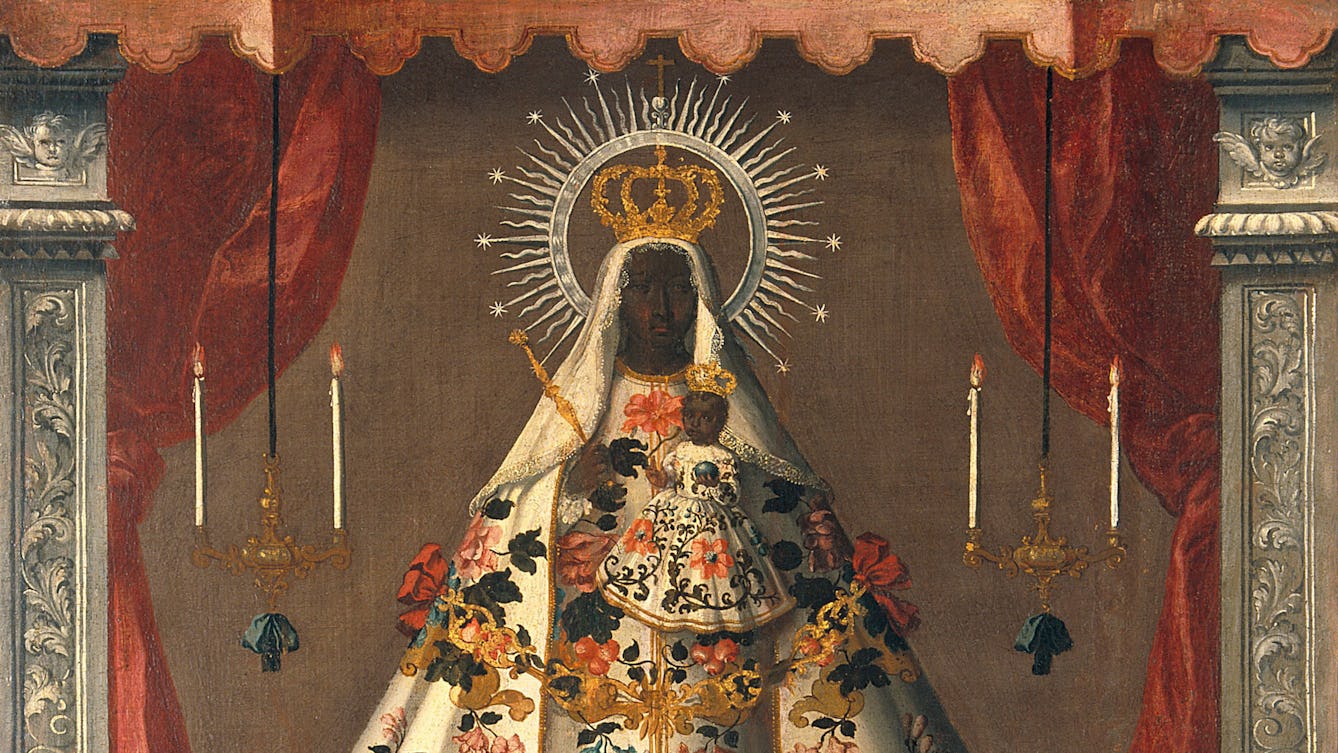
- Article
- Article
Race, religion and the Black Madonna
Mystery and controversy surround the dark-skinned religious icon who represents the Virgin Mary throughout the Catholic world.

- Article
- Article
Intelligence testing, race and eugenics
Specious ideas and assumptions about intelligence that were born during the great flourishing of eugenics well over 100 years ago still inform the British education system today, as Nazlin Bhimani reveals.

- Article
- Article
How to talk to kids about race
When her daughter decided blonde was best, a red flag went up for Pragya Agarwal. In this essay, the behavioural scientist discusses childhood development, race and representation.

- Article
- Article
The secret lives of Britain’s first Black physicians
Dr Annabel Sowemimo explores the web of connections between early Black British doctors, the role of empire in West Africa and the pernicious reach of scientific racism.
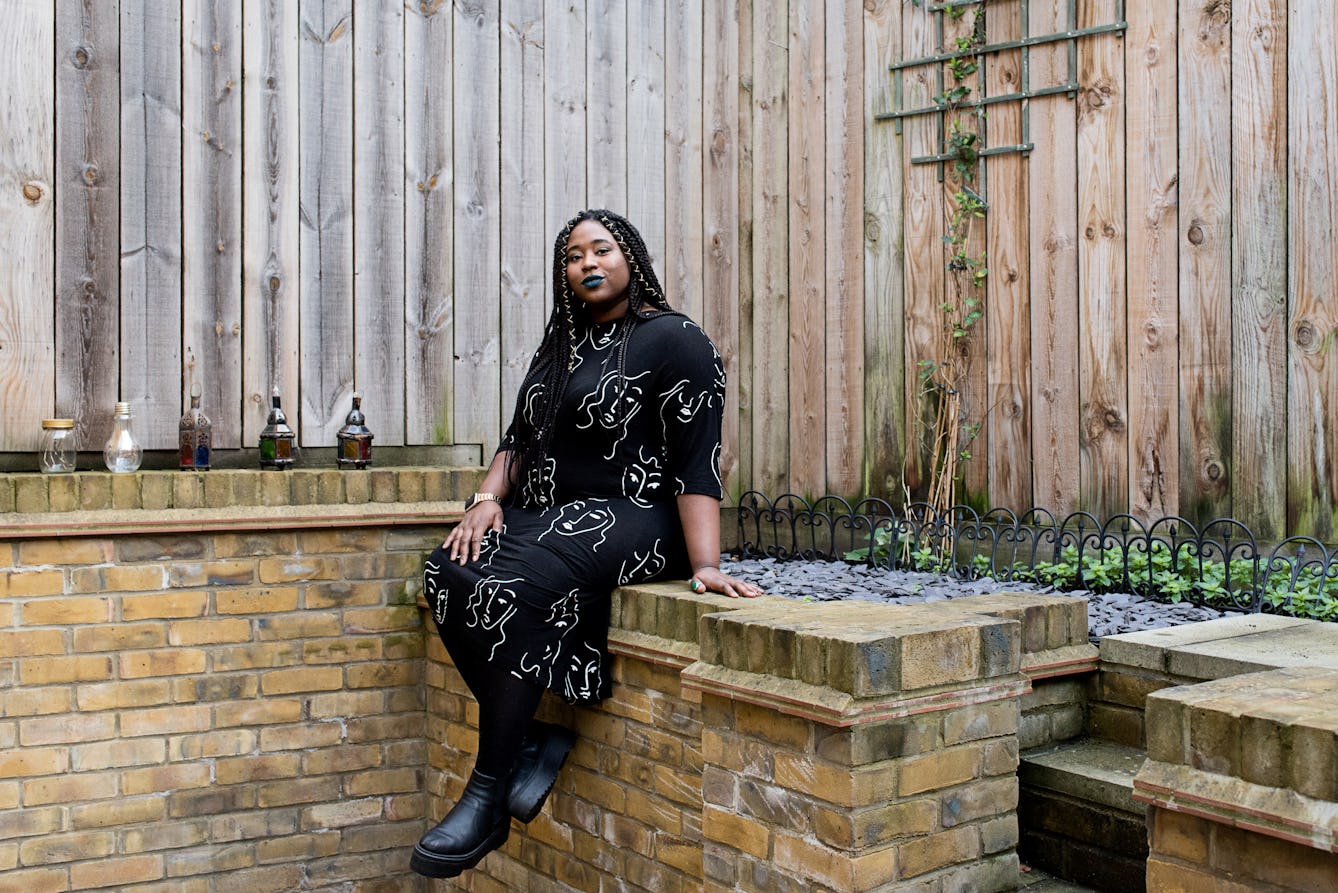
- Article
- Article
How the mental health system fails Black people
Accessing mental healthcare as a Black woman can be a challenging experience. Rianna Walcott shares her story, alongside those of three other women, to reveal the barriers she faced.
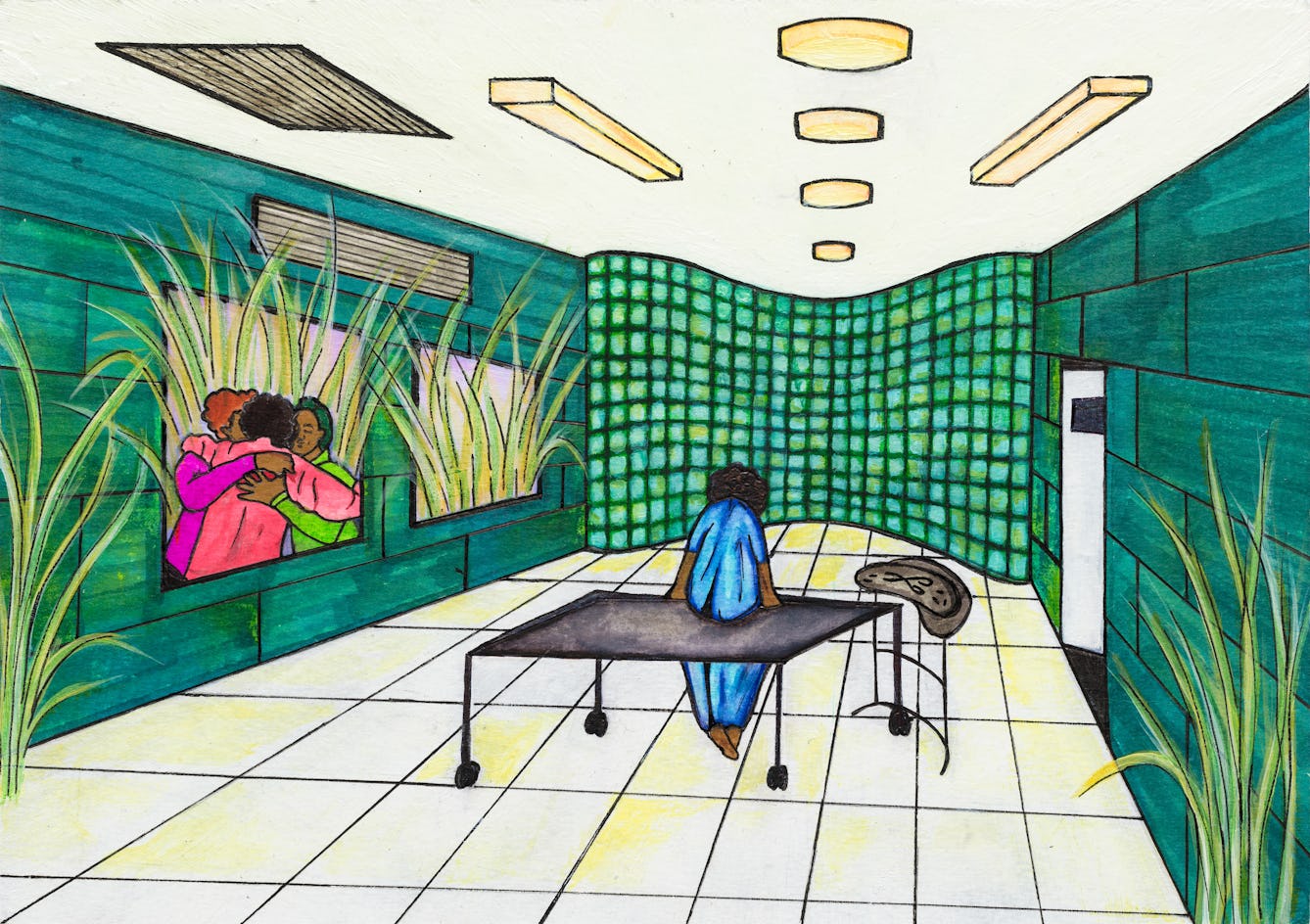
- Article
- Article
What Black women do when the NHS fails them
Sabrina-Maria Anderson explores misogynoir – hatred of Black women – within the NHS, and how women like her are consequently turning to other sources of medical support.
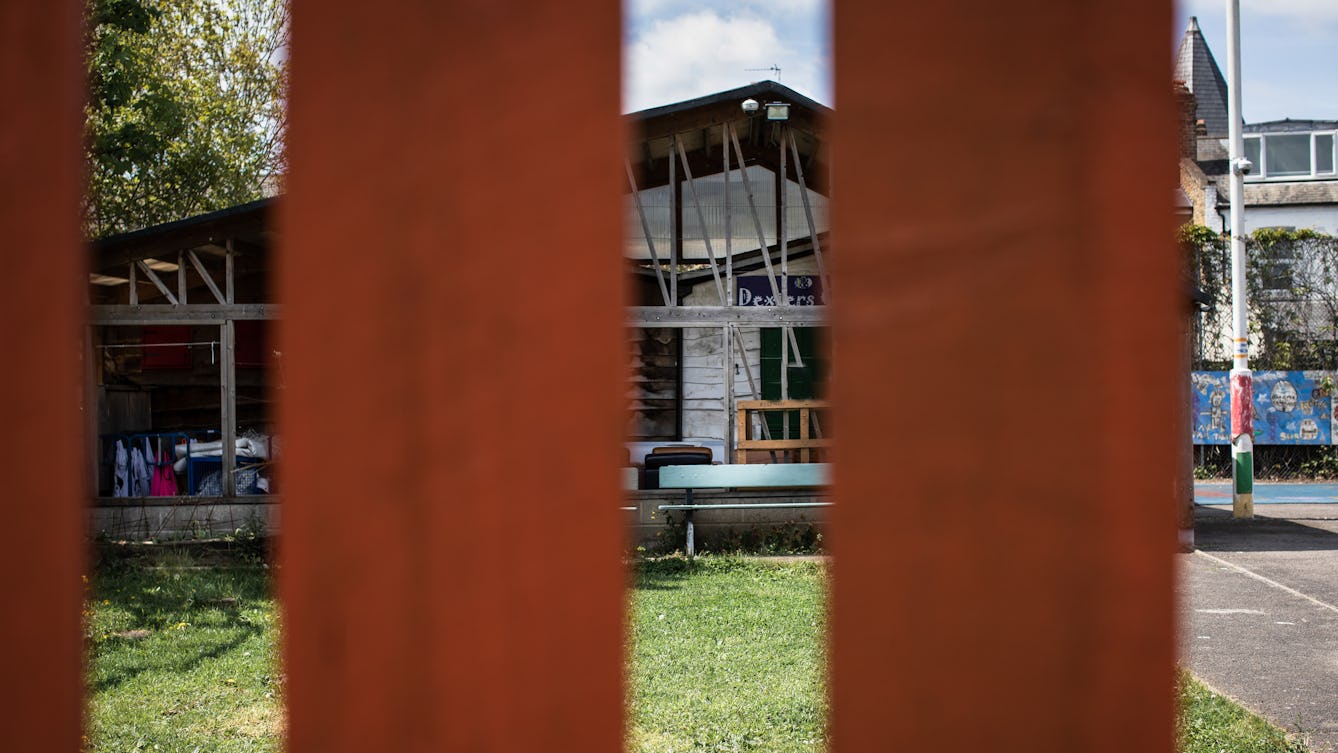
- Article
- Article
Parks and politics in Brixton’s past and present
Gentrification is creeping along Railton Road, but racial inequality still lingers in memories of the 1980s, and in the continuing lack of green-space access.
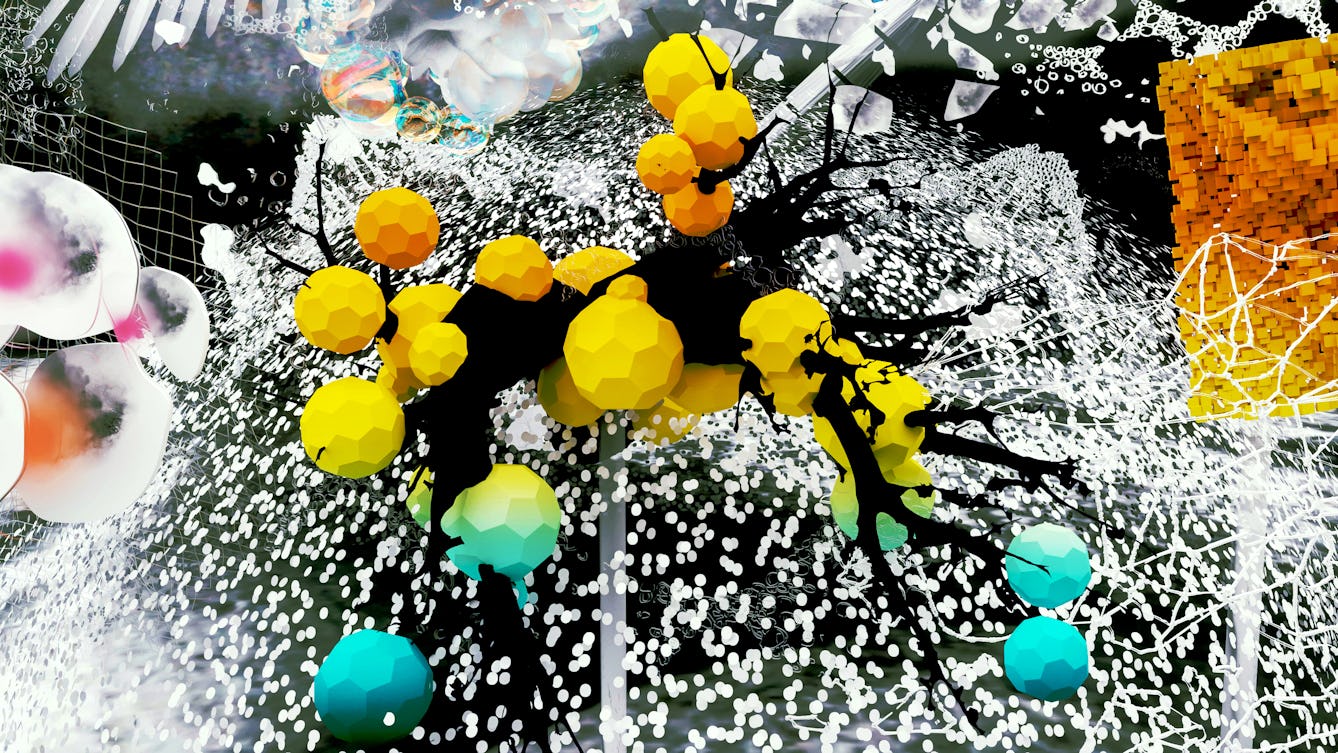
- Article
- Article
Silent threat
As Vanessa Peterson recovered from a frighteningly serious illness, she wondered whether it was linked to air quality. For many communities, she found, pollution is a political issue.

- Article
- Article
The quest to breed gifted children
If you had the chance, would you choose a genius baby?
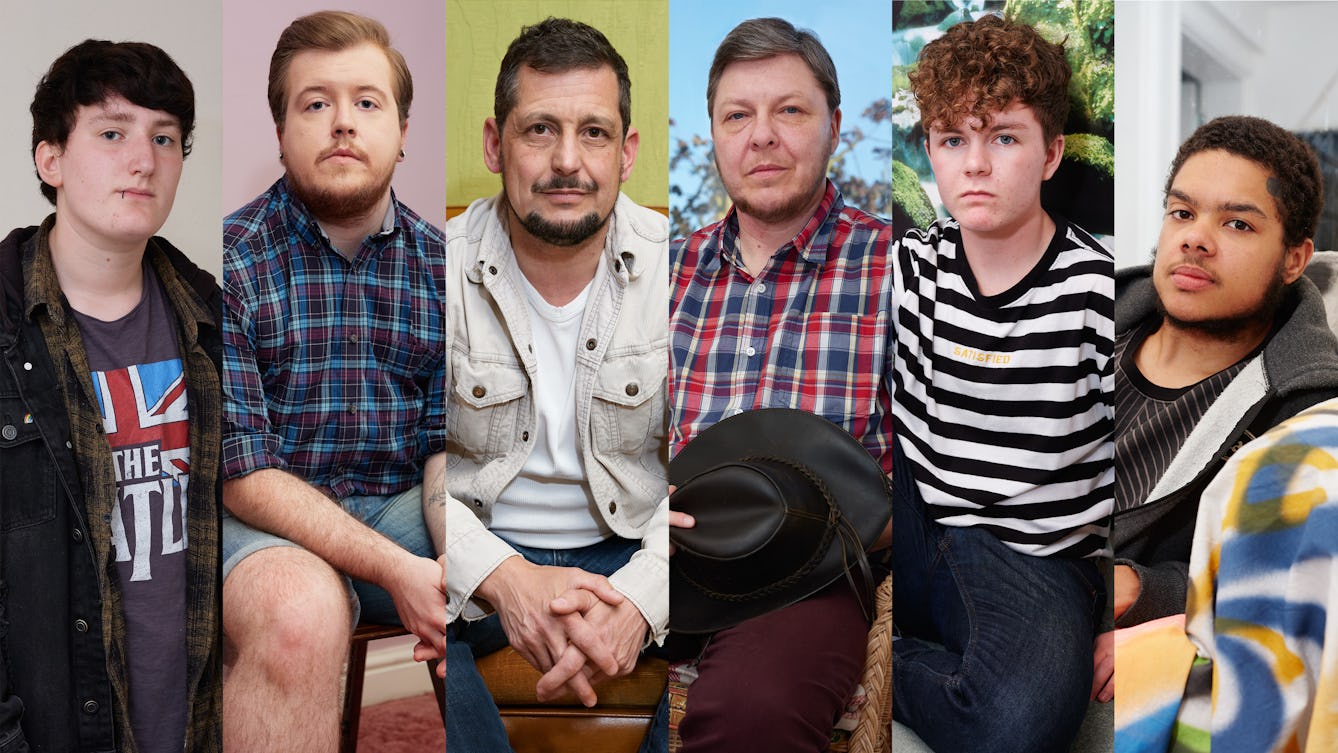
- Photo story
- Photo story
Transitioning and the family album
“It’s really hard to describe to people how you know you’re a man when those ways of describing masculinity to me aren’t true. You need to find your own.”
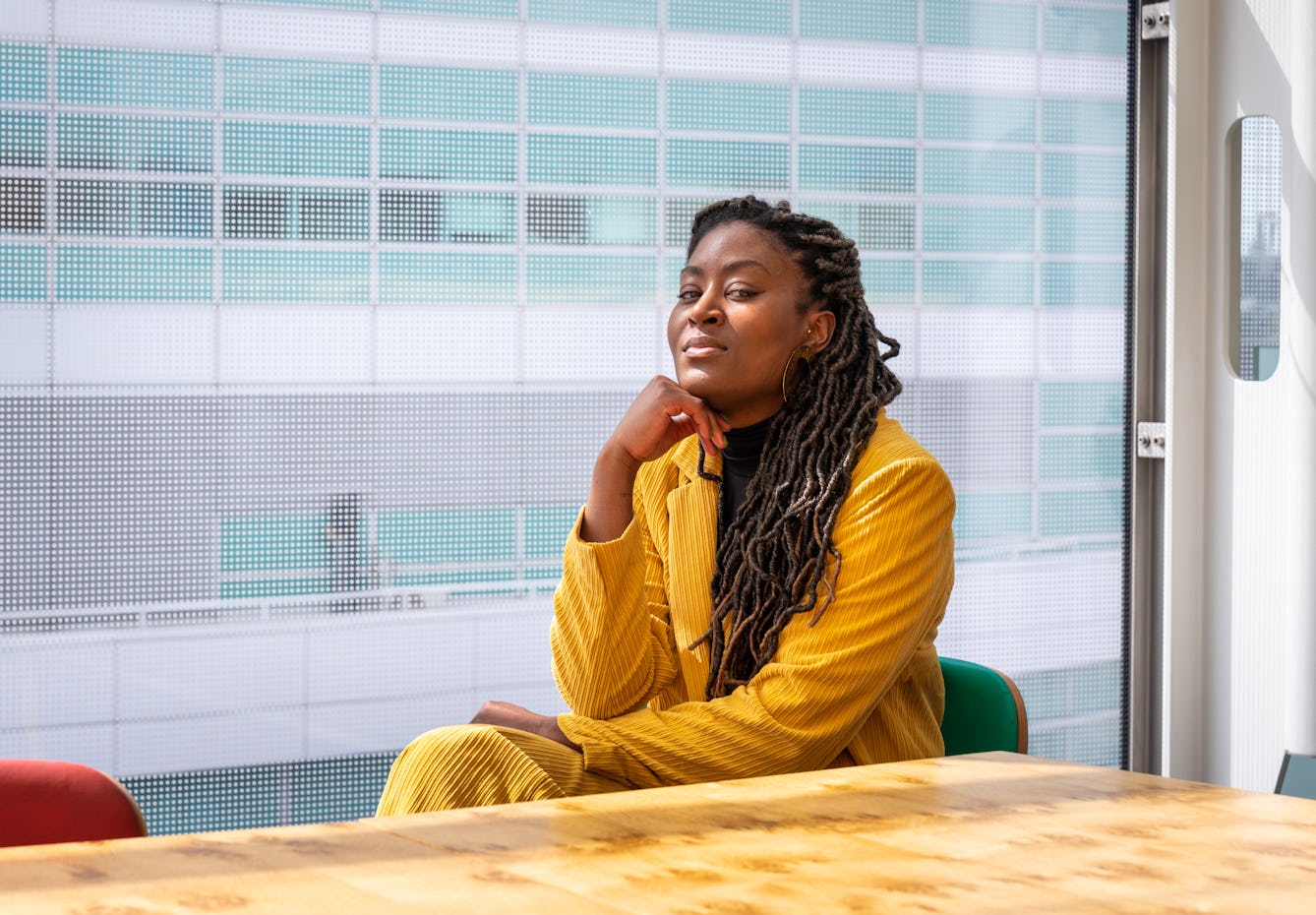
- Book extract
- Book extract
Why we need to decolonise healthcare
In this extract from ‘Divided’, Annabel Sowemimo describes the way her nana’s stroke and hospitalisation heightened her awareness of the need for us all to advocate for the health of others.
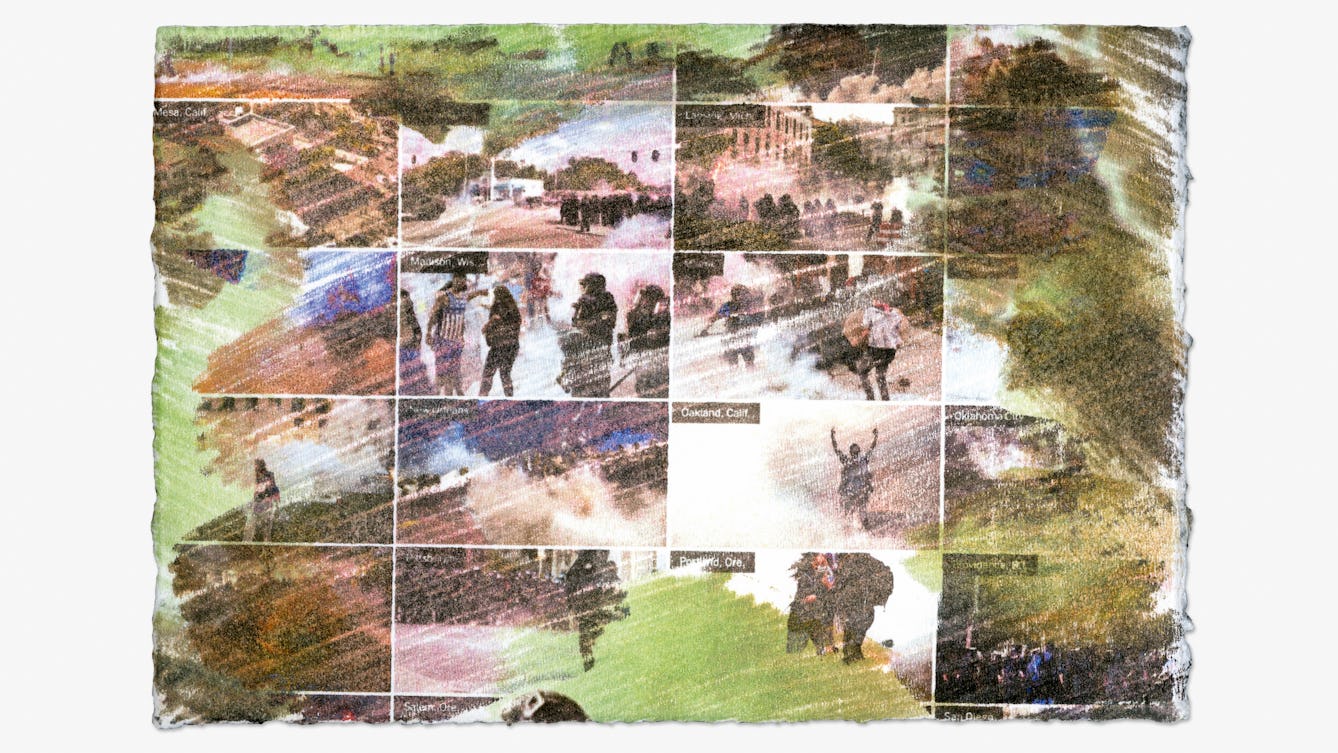
- Article
- Article
Tracing the toxic story of tear gas
Investigating tear gas – from factory to Black Lives Matter protest – Imani Jacqueline Brown uncovers a toxic legacy where pollution, violence and racism are intimately entwined.
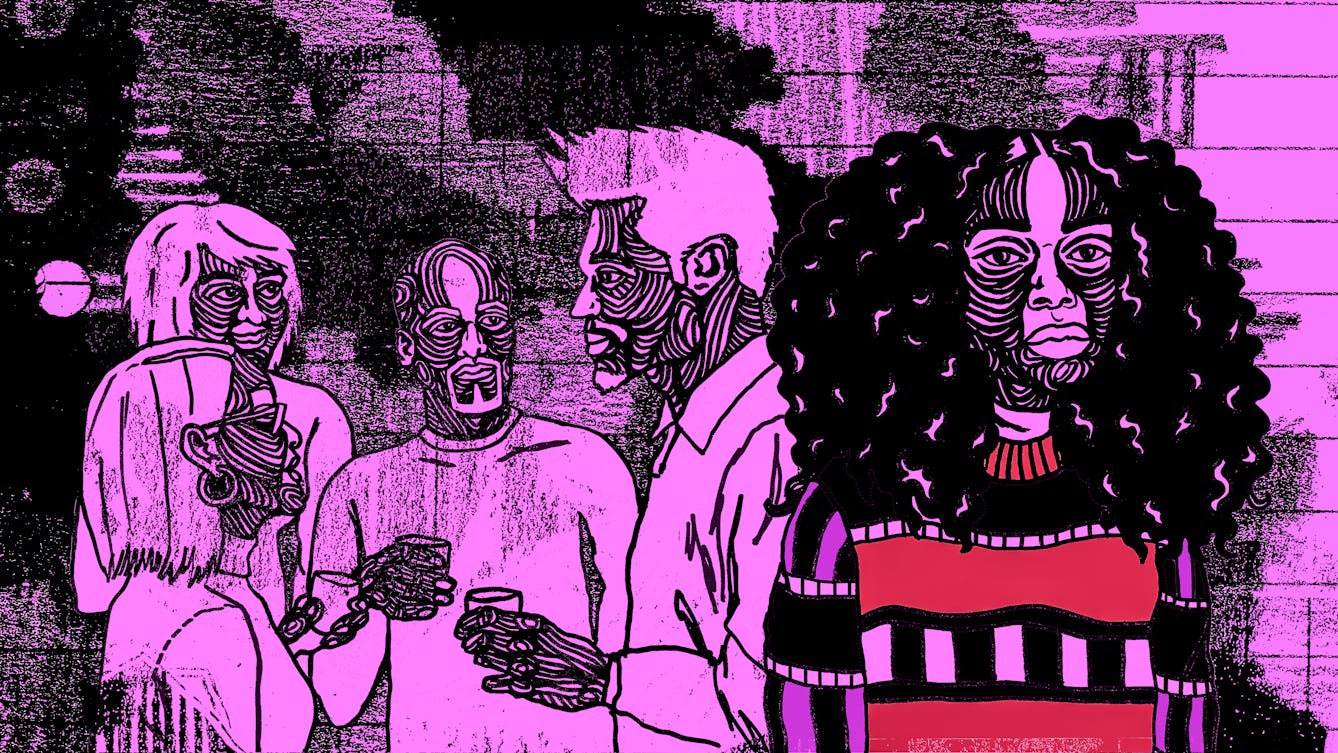
- Article
- Article
Building resilience in a racist world
With the resurgence of racism in today’s UK, Louisa Adjoa Parker reflects on the trauma of growing up in a racist society and explores how victims could begin to heal.
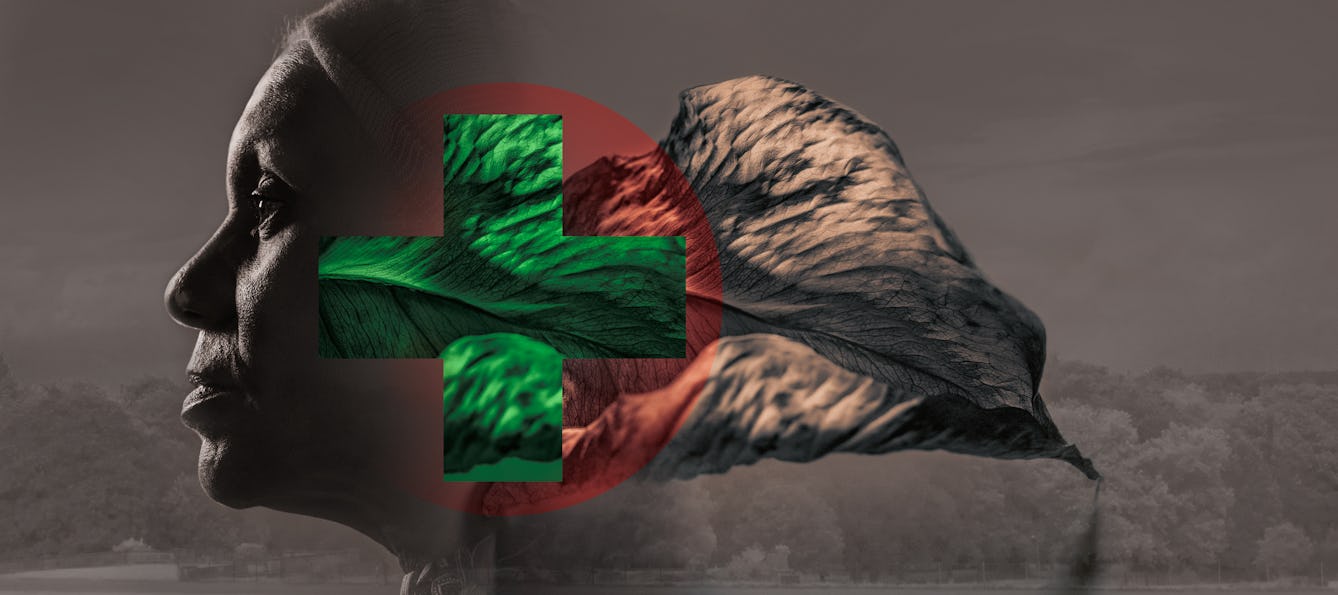
- Long read
- Long read
Healthy scepticism
Healthcare sceptics – like those opposed to Covid-19 vaccinations – often have serious, nuanced reasons for doubting medical authorities.

- Article
- Article
Mixed heritage lesbian couples and fertility treatment
For a lesbian couple who want to share their different cultural heritages with their child, fertility treatment can get very complicated.
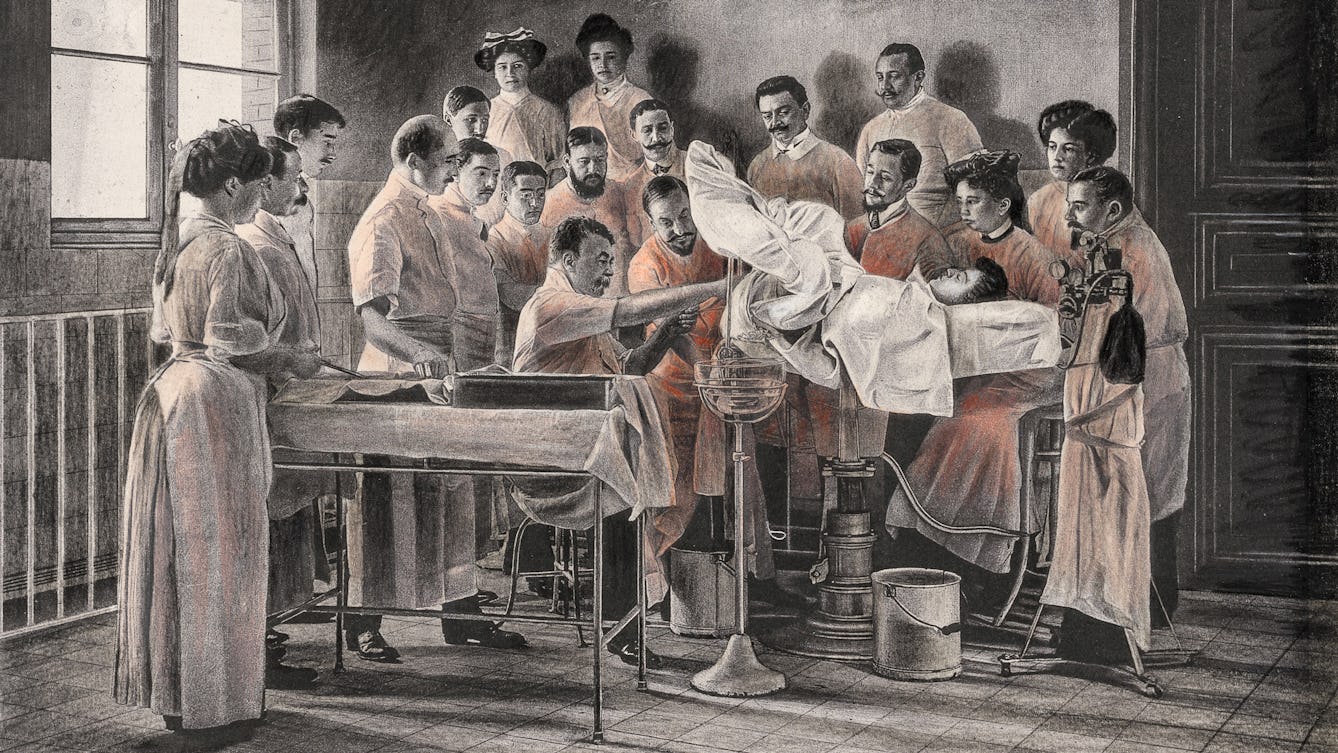
- Article
- Article
The search for a cure for endometriosis
Discover how a white American doctor’s experimental operations on black female slaves laid the foundations for modern gynaecological surgery.
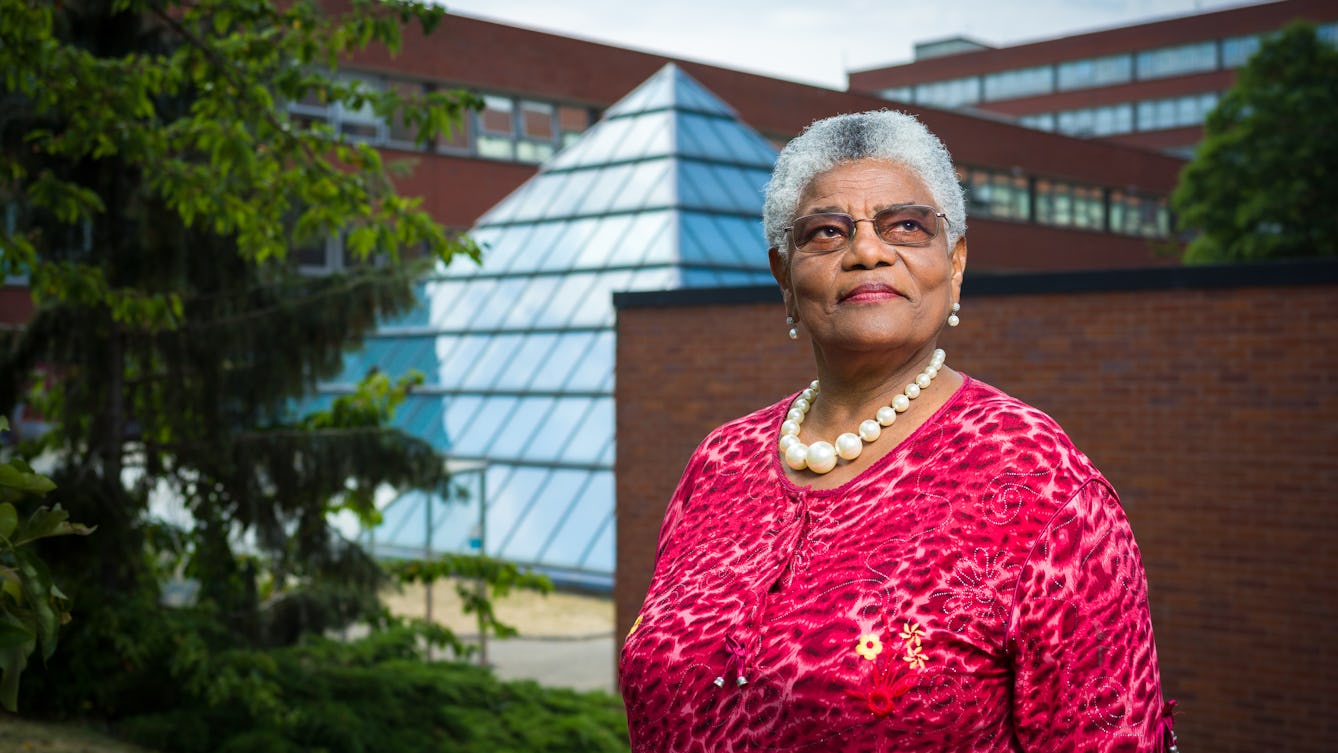
- Article
- Article
Medics, migration and the NHS
In the 1960s the NHS became Britain’s biggest employer. So to help fill all those jobs, the government brought in thousands of workers from abroad.
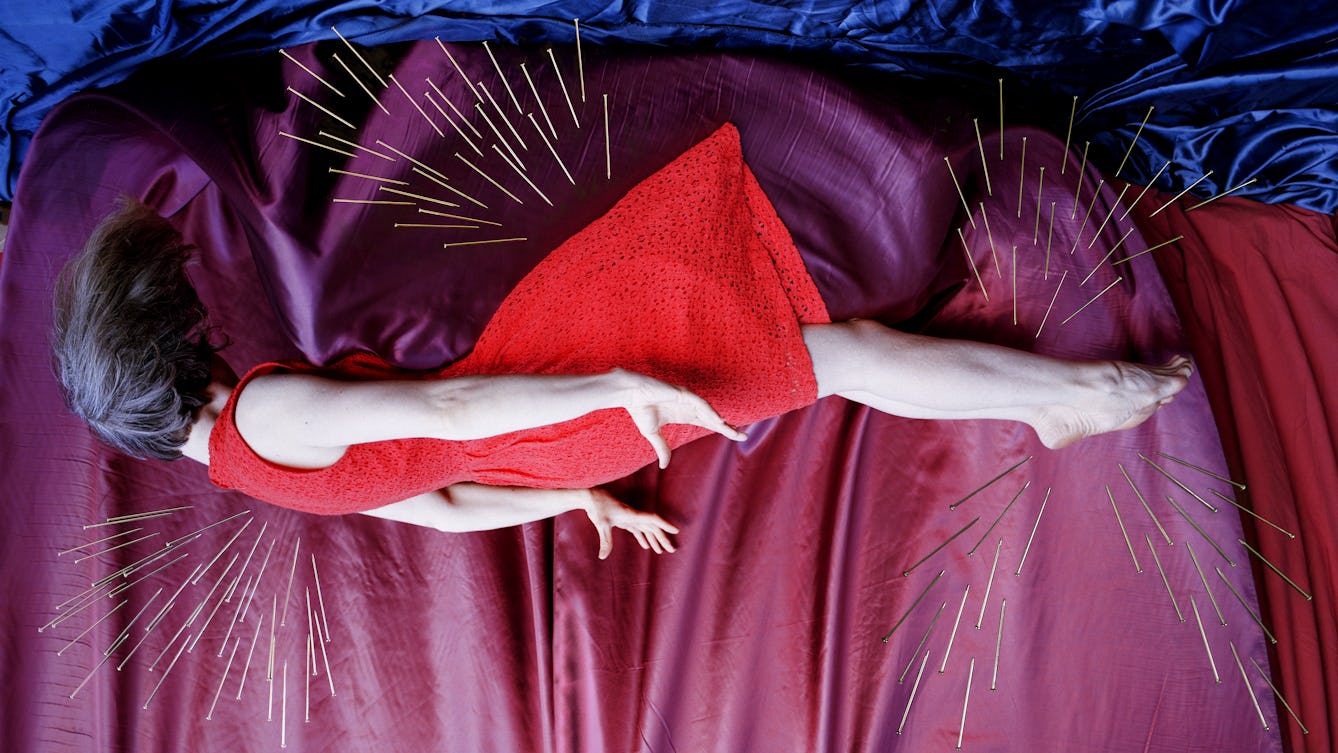
- Article
- Article
What is violence?
Criminologist Laura Bui explores her early understanding of violence and outlines its definition and wider consequences.

- Article
- Article
The birth of the public museum
The first public museums evolved from wealthy collectors’ cabinets of curiosities and were quickly recognised as useful vehicles for culture.

- Article
- Article
It’s getting mighty crowded
Mid-20th-century population-density research on mice produced a whiskered apocalypse, predicted to become the fate of humans too. But perhaps a more compassionate approach could fend this off.

- Article
- Article
The unearthly children of science fiction’s Cold War
In the 1950s a new figure emerged in British novels, film and television: a disturbing young alien that revealed postwar society’s fear of the unruly power of teenagers.

- Article
- Article
The stranger who started an epidemic
New Orleans, 1853. James McGuigan arrives in the port city and succumbs to yellow fever.

- Article
- Article
Another way to listen
Background noise is something we often try to ignore. Adjoa Wiredu explores what happens if we intentionally choose to tune in.
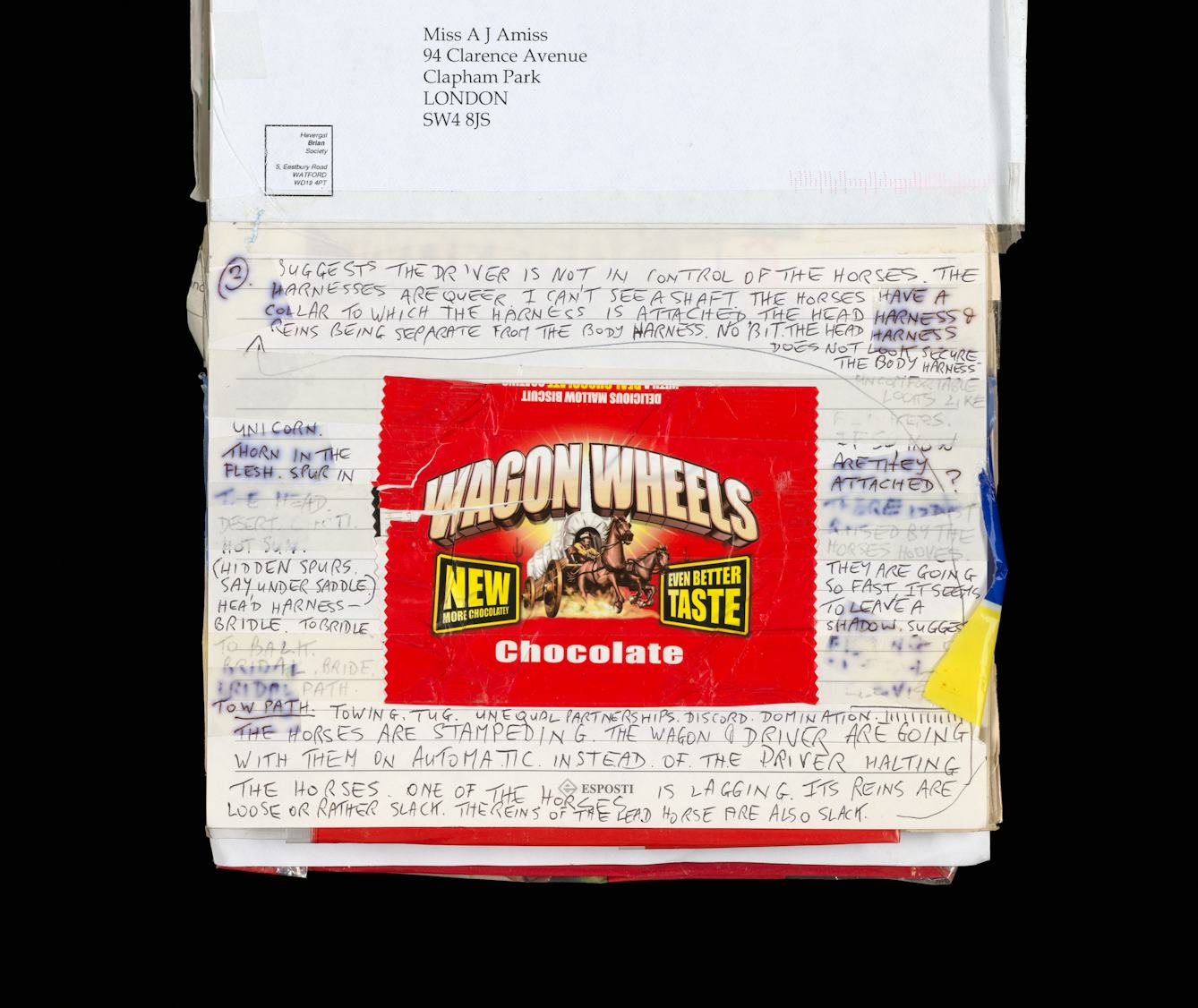
- Article
- Article
Cataloguing Audrey
Work begins in earnest to restore order to the archive Audrey Amiss kept of the minutest happenings in her life. Like detectives, the archivists search for subtle clues to chronology in the mass of materials.
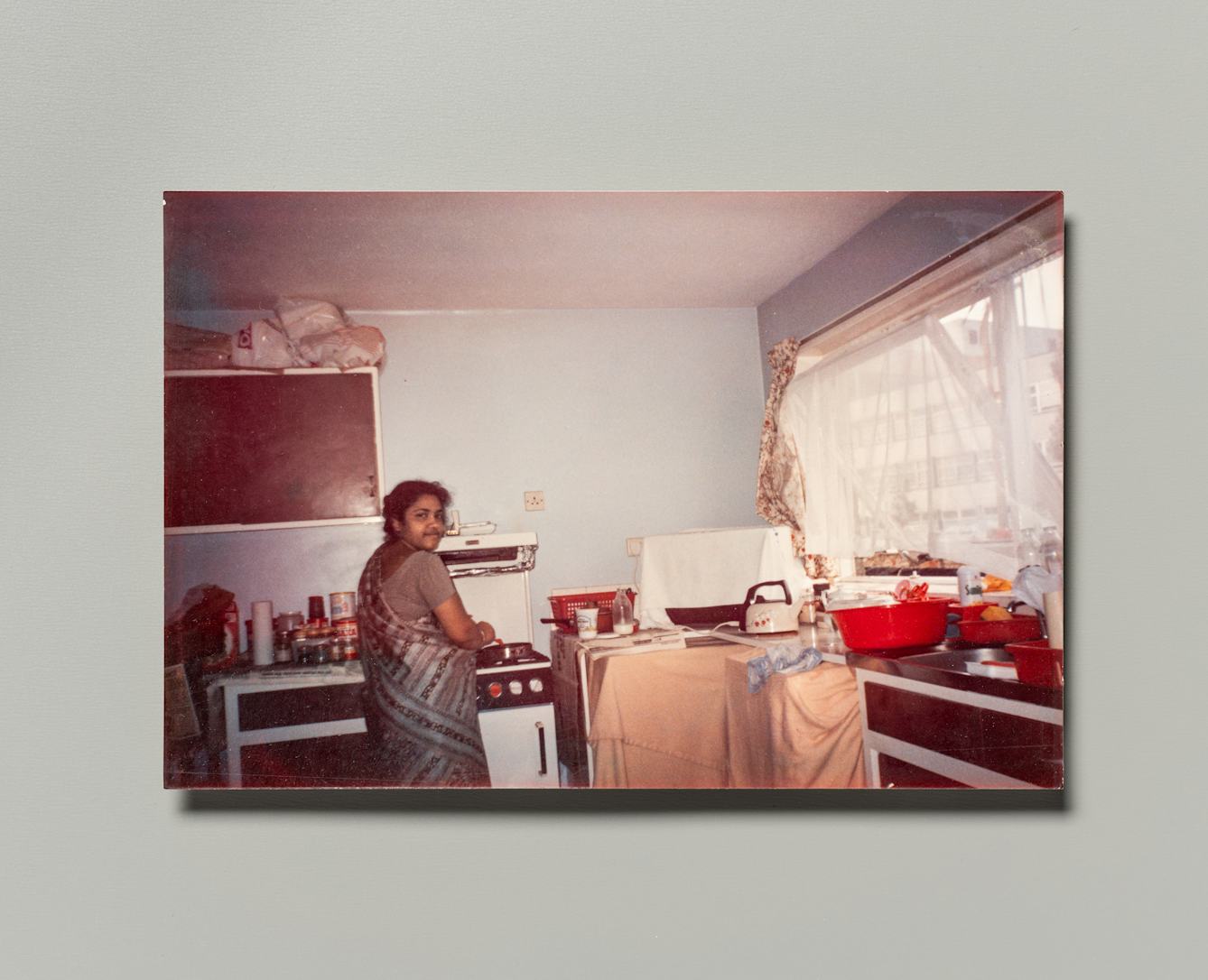
- Article
- Article
Doctor in the house
A house is not always a home – sometimes it’s impermanent, impersonal. But other aspects of the itinerant life can be the source of a sense of home.